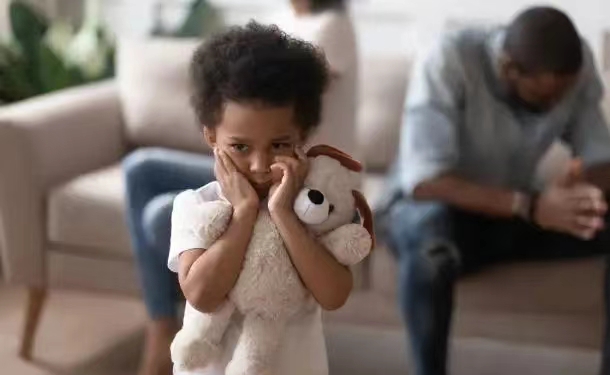Depending on the individual rights and judiciary laid out to the youth through educational institutions, one can draw an array of conclusions about how the idea of child rights, liberalism and self awareness is planted amongst the minds of people from several generations. While education itself, is the most basic right of people worldwide. The shed-load of benefits obtained by educational systems can go even higher when the right knowledge is introduced to age-appropriate teens at the right time. Just how, various other solutions whenever slid into the teaching curriculums helped take over many forms of tyrannical controls in the past. Knowledge about emancipation of minors can be counted in one of the many remedies in influencing major child rights amongst the youth in the current time.
The household is mainly considered the mind shaping arena for children raised within. A child’s guardian(s) are deemed to fulfil responsibilities in terms of educational and healthcare aspects of their ward. However the focus to raise socially acceptable and honourable children most of the times pivots their commitment to bring a mentally stable environment to their nourishing ones. The parents opt for dysfunctional ways of reacting to several different circumstances only to bring more propriety in their children that is affirmed to their own believes. Ages pass by in a child’s life in order to realise what mental and verbal abuse has been going around, that further leads on to inflicting permanent disdains in their own well being. Some children are even too accustomed to the surrounding that they can’t even mark flaws in their ongoing abnormal dynamic. Parents in these positions don’t realise how compulsive behaviours can lead to harmful unhealthy patterns for a very longer period of time.
Toxicity within parent child relation can be observed in subtle to prime manners; some of the common ones are –
- mocking of child’s inept behaviours by parents
- substance abuse around household
- chipping away of self esteem from their own ward, etc.
Even though the relation with parents is naturally assigned and reformed from the nuisance years of childhood. Is there any rightful, legal and safe way to escape physical/emotional abuse and traumas inbreeding within the same family? In that case, practice of emancipation can come in handy based on the country one is residing in.
What is emancipation and why?
Emancipation is known as the legal and formal process by which a child can officially separate from their parents before attaining the age of majority. In family law cases, the term emancipation is also referred to as “divorce from parents”. The emancipation can be complete or partial based on the legal practice equipped by the lawyer according to what the minor is seeking. After emancipation is done, the minor is allowed to take responsibility of their own welfare and make major decisions without seeking any consent from their parents. The legal age for emancipation ranges from 14 to 16 years, and it can vary from implemented laws set up from states to states. In addition, there also remain exceptions on whether emancipation can be carried out in every case or not.
Emancipated minors, in a broad manner, are generally allowed to consent for their own health care too. Furthermore, they can also choose to disapprove the idea or obligation to immigrate to different regions or following a custom religion assigned to them, or any other severity that a teenager feels is pertained towards them due to the inclination coming from their parents.
Why to be included in educational curriculums?
When surveys would be held on how child’s needs are being met by parents in the household; or perpetually explaining the concept of healthy parent and child relations through teaching and using such examples on a day to day basis. The children would eventually begin to look for solutions, when the situation of their household will not seem to fit into the perfectly acclaimed categories. For those who’d seek such answer and advices from elders other than their parents, the teachers or consultants in their institutions with the required knowledge should be the right alternative to ask about whether the issues with parents should be solved through discussion or a legal step like applying for emancipation should be taken by the child or not.
Countries actively governing with emancipation laws
The constitutionalism to an extent prevents the state from enacting such policies. Howbeit there are many countries which allow emancipation process to be proceeded with in Juvenile Court or Probate Court. The laws for each jurisdiction can differ and are mainly based on the status of the minor, the type of health care the minor is seeking and many other aspects.
How is emancipation practiced?
A legal application to apply for separation from parents can be filled by parent or guardian of the child who factually establishes the legal statutory for emancipation. Keeping in mind that Emancipation usually cannot be undone, the legal advices and discussions with the lawyer of choice should proceed with a determined mindset. A minor may not file a petition on their own behalf alone.
Misuse of emancipation
Even though the practice of emancipation is not a global appeal worldwide. Those who have the access of such kind within reach should take an approach on how many possible options are left to resolve such matters instead of reaching out for judicial help followed by a minor inconvenience with loved ones. And people must not carry it out as such, if the reason involves continuation of illegal practices such as drug abuse or any sort of health deteriorating acts.

